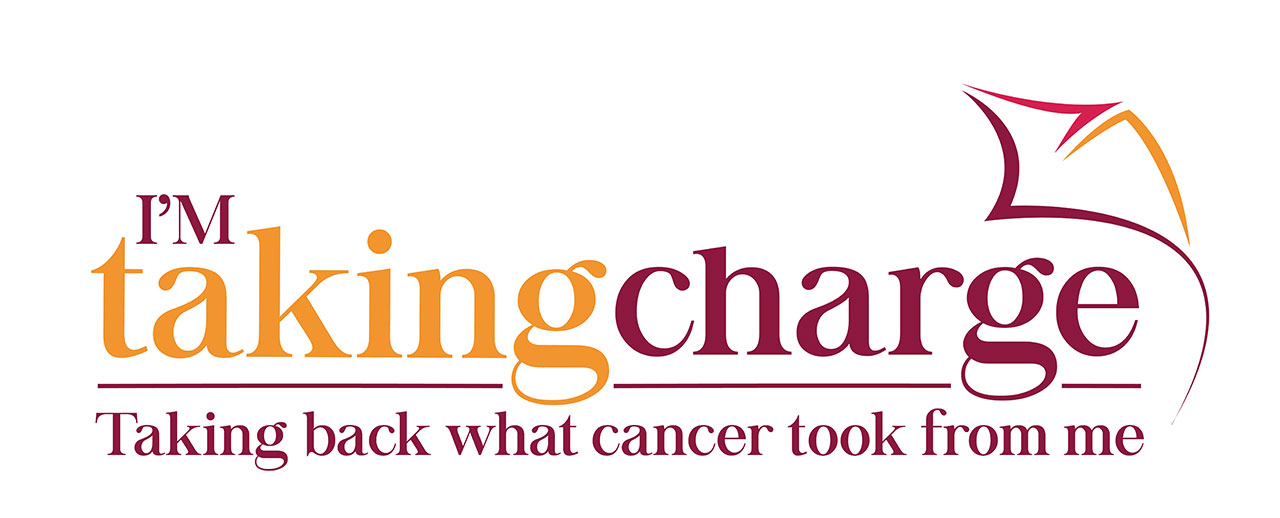Today is World Mental Health Day. Have you experienced a mental health problem like depression? If you have breast cancer, you may, unfortunately, succumb to it at some point in your journey. Friends and family members may also be affected by the depression of another. During breast cancer awareness month, we at ITC wanted to point out the link between breast cancer and depression.
For example, research reveals that up to 53% of breast cancer patients experience depression. And some of it is severe.
More importantly though, we want to offer help with recognizing and dealing with it, should you or a loved one experience it. First, you need to recognize it.
1. Is It Depression? Here Are the Symptoms
Here are symptoms. With depression, these symptoms occur most of the day, every day (list courtesy of the Mayo Clinic depression page):
- Feelings of sadness, tearfulness, emptiness or hopelessness
- Angry outbursts, irritability or frustration, even over small matters
- Loss of interest or pleasure in most or all normal activities, such as sex, hobbies or sports
- Sleep disturbances, including insomnia or sleeping too much
- Tiredness and lack of energy, so even small tasks take extra effort
- Reduced appetite and weight loss or increased cravings for food and weight gain
- Anxiety, agitation or restlessness
- Slowed thinking, speaking or body movements
- Feelings of worthlessness or guilt, fixating on past failures or self-blame
- Trouble thinking, concentrating, making decisions and remembering things
- Frequent or recurrent thoughts of death, suicidal thoughts, suicide attempts or suicide
- Unexplained physical problems, such as back pain or headaches
2. If You Think You Might Have Depression, Tell Your Doctor
Make sure to tell your doctor. We cannot emphasize that enough. In addition, here are some things you can do to be proactive . . .
3. Phone Counseling Helps
Research shows that counseling via the phone and with video is effective in decreasing both the distress and severity of breast cancer induced depression. Here are a few places where you can get free help:
CancerCare
800-813-4673
[email protected]
www.cancercare.org
CancerCare‘s provides free, professional support services to anyone affected by cancer. Whether it’s you or whether you are a cosurvivor or other friend or family member, they can help. They can help you find financial resources, cope with side effects, deal with emotions, and even offer advice on talking to your children. They answer calls between 9:00 AM and 7:00 PM ET, Monday through Thursday, and 9:00 AM to 5:00 PM ET on Friday.
Cancer Hope Network
800-552-4366
www.cancerhopenetwork.org
The Cancer Hope Network is another great option. They provide confidential support over the phone and internet to people with cancer and their families. You can reach them between 8:30 AM and 5:30 PM ET, Monday through Friday. You can even request to be matched with a trained volunteer who has experienced a similar diagnosis. They’ll return calls within 24 hours, or you can start an online chat session via their website.
4. Clear the Haze with Personalized Tools for Evaluation
One of the side effects of both depression and chemotherapy is brain fog. All the new terminology can be confusing. Maybe you know someone who had breast cancer. But they may have had a different type and a different experience. Does the idea of talking with your physician appeal to you, but you don’t know what to ask? Do you forget what you talked about regarding your diagnosis or treatment? If so, try writing these things down. Another thing that might help is to look at a personalized treatment plan that is offered for free over at mybreastcancercoach.com. Developed by an RN and an MD who experienced breast cancer herself, this tool will help you to understand your options for treatment.
If you’re considering breast reconstruction, you might appreciate the BRA Score App. Researchers at the Northwestern Feinberg School of Medicine, Division of Plastic and Reconstructive Surgery developed the app. It includes twelve questions that relate to specific details about you. The app provides you with personalized results about post-operative complications based on your answers. To create the application, researchers relied on statistical risk models. These models are based on average complication rates for women with varying backgrounds.
Neither of these tools should replace the discussions that you have with your physicians.
5. Get Active
Exercise may seem like the very last thing you want to do right now. But it’s the ultimate multitasker when it comes to knocking out both breast cancer and depression. This is especially good news if you have metastatic breast cancer. A breast cancer/breast reconstruction breakthrough this year revealed that moderate exercise is the most beneficial lifestyle factor to reduce the recurrence of breast cancer. Ironically, it also reduces fatigue in breast cancer patients undergoing treatment. And everyone knows that exercise boosts endorphins, which reduces both pain and emotional distress. It’s really a no-brainer.
But what kinds of exercise can you do while in the midst of treatment, or after breast surgery? Doreen Puglisi, a Pink Ribbon trainer, explains what to do for exercising after breast cancer. If you don’t have time to read her article, you can listen to our podcast with her, where she explains the Pink Ribbon exercise program for women with breast cancer.
6. Group Therapy that Includes Cognitive Behavioral Therapy
More than just discussing problems, psychologists can teach you how to incorporate cognitive behavioral therapy. Cognitive behavioral therapy is an effective way to deal with depression. Research shows that cognitive behavioral therapy group intervention even produces substantial improvements in fatigue levels due to tumors in breast cancer patients. Not only that, but it improved them in just eight weeks. Look for support groups with a psychologist or therapist that offers a highly structured program.
7. Bookmark this Page for Future Reference
If you don’t have both breast cancer AND depression, that’s great!
But bookmark this page to refer to in case you do have symptoms down the road. Chemotherapy is known for bringing it on, and life can also be hard after surgery, especially if you experience undesirable side effects. Depression is one of those things you want to nip in the bud. You don’t want it to grow into a nasty weed that sucks the joy out of all that is good and beautiful in life. But if you can recognize it before it becomes severe, you might be able to turn it around. You might even be able to benefit from what you learn, and help others.
Looking for more helpful information about breast cancer and breast reconstruction? For information on a specific topic, use our search box. Or join our conversation on Facebook and check out our Pinterest and Instagram sites. Our podcast series may also be helpful: here at itunes, here at Google Play, or here at Stitcher. Take care!



![Why Is Forgiveness So Important to Cancer Patients? [Podcast Ep. 26]](https://imtakingcharge.com/wp-content/uploads/2018/08/shutterstock_1008129595-500x383.jpg)
![How to Piece Together Your Post-Cancer Life [Ep. 24]](https://imtakingcharge.com/wp-content/uploads/2018/07/Optimized-chuttersnap-478260-unsplash-500x383.jpg)

![Sorting Body Image Issues After Breast Cancer [Podcast Ep. 23]](https://imtakingcharge.com/wp-content/uploads/2018/07/shutterstock_1062595838-500x383.jpg)
Leave A Comment